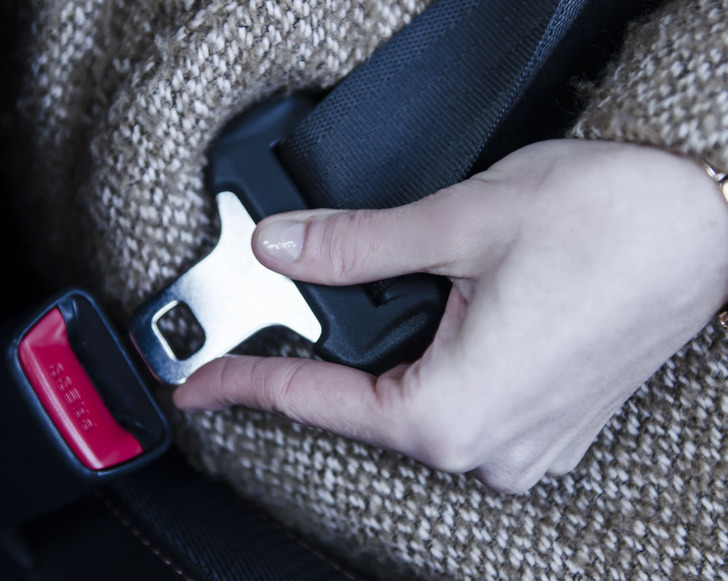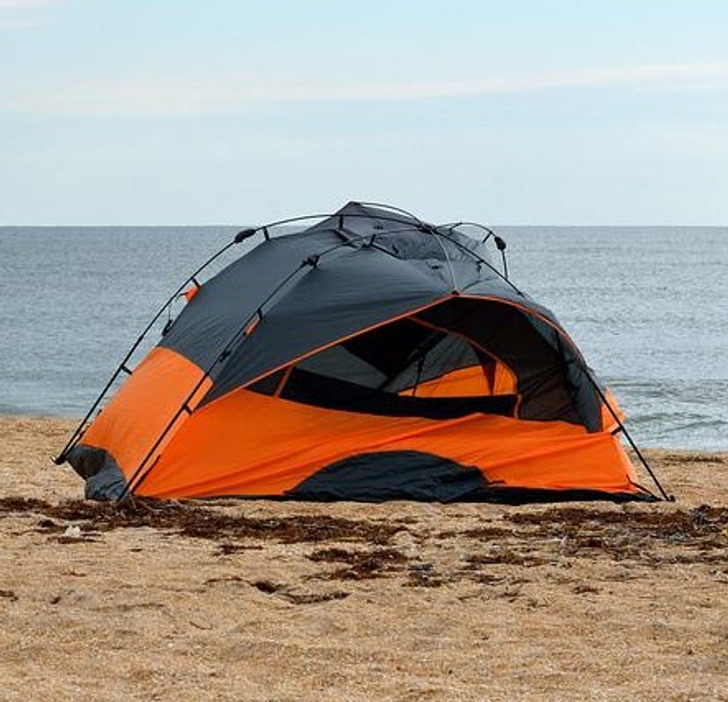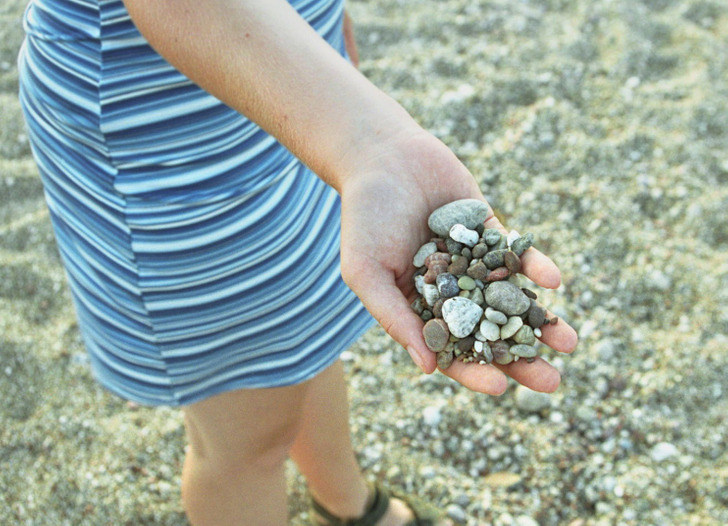14 Unexpected Rules From Around the World That Could Easily Land You a Fine if You Don’t Know Them
In our eagerness to explore the world and go to all its corners, we rarely think about what it’s like to live in the countries that are constantly being visited by crowds of people. Keeping in mind that the most popular tourist destinations already impose all sorts of restrictions on visitors. It is not just on a whim though, they’re trying to preserve their cultural, historical and natural heritage.
Here at CHEERY, we were baffled by each of these rules at a first glance, but after a few seconds we realised that each of them has their valid reasons.
1. In Rome you’re not allowed to sit on the steps
Tired tourists are no longer allowed to sit on the Spanish Steps stairway in Rome. There are now regular patrols and police officers warn offenders of a possible fine. Also, visitors will be charged if they spill something on the stairs or chip off a pebble.
2. On public transport in Czech Republic you can be fined even if you’ve bought a ticket
In this country it’s not enough to buy a ticket before you travel. You have to remember to stamp it as soon as you get on the bus or tram. If the guard finds out that a passenger is travelling with an unstamped ticket, they will instantly be slapped with a €25 fine. You’re better off paying it on the spot, otherwise you may end up having a conversation with the local police.
3. You might not be able to take certain purchases out of Cuba
The reason behind this is that the country has strict rules governing the export of works of art. So, tourists buying figurines or paintings by local artists as souvenirs of Cuba should keep all receipts until boarding the plane. Otherwise, there’s a risk of not only ending up without keepsakes, but getting in trouble with the police as well.
4. Fireworks are not allowed in many big cities in China
If you want to celebrate a wedding or a birthday in China with a big firework display, be prepared to amend your plans. In many of the country’s major cities, fireworks are completely banned. Other localities have simply decided to reduce the number of fireworks for the time being, but in any case, it doesn’t hurt to ask what the rules are in your area, just so you don’t end up with a fine and possibly a police record after the celebration.
5. There’s a “tourist dress code” in Italy
In the Italian area of Cinque Terre, you’re only allowed to wear hiking shoes. Rescuers have grown tired of helping hikers who slip on the mountainous trails in their flip-flops, sandals or slip-ons. That’s why hikers are now advised to change their shoes beforehand, this also avoids having to pay a fine.
Meanwhile in Sorrento, tourists can get into trouble for strolling through the town’s main streets in swimwear. Visitors, whose attire is perceived as inappropriate by the locals, can be fined up to €500. The same dress code applies to the islands of Lipari and Venice.
6. You’re not allowed to wash your hair on the beach in Spain
Tourists can easily be fined for using shampoo, conditioner and other hair care products. If you try to wash your hair on a Spanish beach, you’re likely to be slapped with a €700 fine. This is the country’s way of trying to protect sea life from exposure to harmful chemicals.
7. You must always have your passport on you when in Bali
In Indonesia, the locals are required to carry their ID cards with them at all times. This extends to tourists as well, so don’t leave your passport in the hotel safe by force of habit. If an officer needs to speak to a tourist for any reason, they will probably ask the visitor to show their passport first.
8. In the UK, taxi drivers don’t have to wear a seatbelt, but if you don’t, you’re likely to be fined
In theory, everyone travelling in a car should be wearing a seatbelt. But there are a number of exceptions to this rule that can mess with tourists’ heads. For example, you might get into a taxi and, mimicking the driver, not worry about buckling up. But the fact is that licensed taxi drivers are allowed to not wear a seatbelt, but unbelted passengers can get into trouble.
9. “Quiet hours” in Germany can happen in the middle of the day
For tourists, who prefer to rent apartments from locals rather than staying in hotels, it may come as a surprise that Germany has “quiet hours”. Each municipality sets them independently, whether at night or in the middle of the day. So it’s best to ask in advance when it is forbidden to play loud music, put up a few shelves or use a hoover in your flat. Otherwise, even the noise from your washing machine may give the neighbours a reason to call the police.
10. You can’t sleep on a beach in Croatia
Here, there’s an ongoing fight against campers who choose to pitch their tents outside the designated area. A wild camping trip can easily result in a fine of almost €400. You should, however, still bring your camping gear to this beautiful country, as Croatia has over 300 official campsites, most of which are right next to the beach.
11. It’s forbidden to take pebbles off the island of Skiathos
As many parents will know, children love stuffing their pockets with pebbles from the beach. But on Lalaria Beach on the Greek island of Skiathos, you can be slapped with a fine of over €900 for these seemingly harmless souvenirs. Tourists have become so enamoured with the local white pebbles that they’ve been steadily taking them off the beach. As a result, the beach gradually began to lose its former appearance and eventually, a “pebble return” box was installed at the airport, where the confiscated stones from tourists’ luggage were put before being returned to the beach.
12. In Thailand you can get fined for not wearing underwear
In this country, it’s forbidden to go out without a bra or pants. Of course, it’s not very clear how this can be controlled, but it’s better not to take any chances. Also, men can easily be fined for riding a bike without a shirt or T-shirt — and no one will take into account that it was hot and humid outside.
13. When sightseeing in Greece, you’ll have to leave your stilettos in the hotel room
Tourists are forbidden to wear high heels when visiting archaeological sites. This is their way of trying to protect historical sites from further destruction. For example, the Odeon in Athens has already suffered from the actions of careless tourists — its steps began to wear down, and on top of that, almost 60 pounds of chewing gum were cleaned out from under the seats of the ancient theatre! It’s not at all unexpected, then, that food and drink are now not allowed in there, either.
14. You can’t build sand castles on some Italian beaches
No sand castles should be built on the beach in Eraclea, near Venice. Tourists who break this rule will be instantly fined. This activity has been banned because these sand structures can prevent other people from freely accessing the sea.
Do you find these rules justifiable? Or do you think they only serve to deter tourists from visiting?













